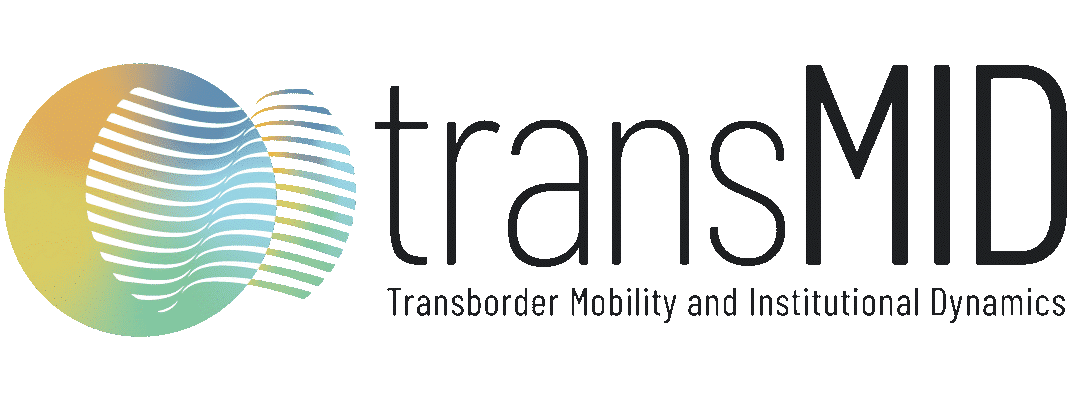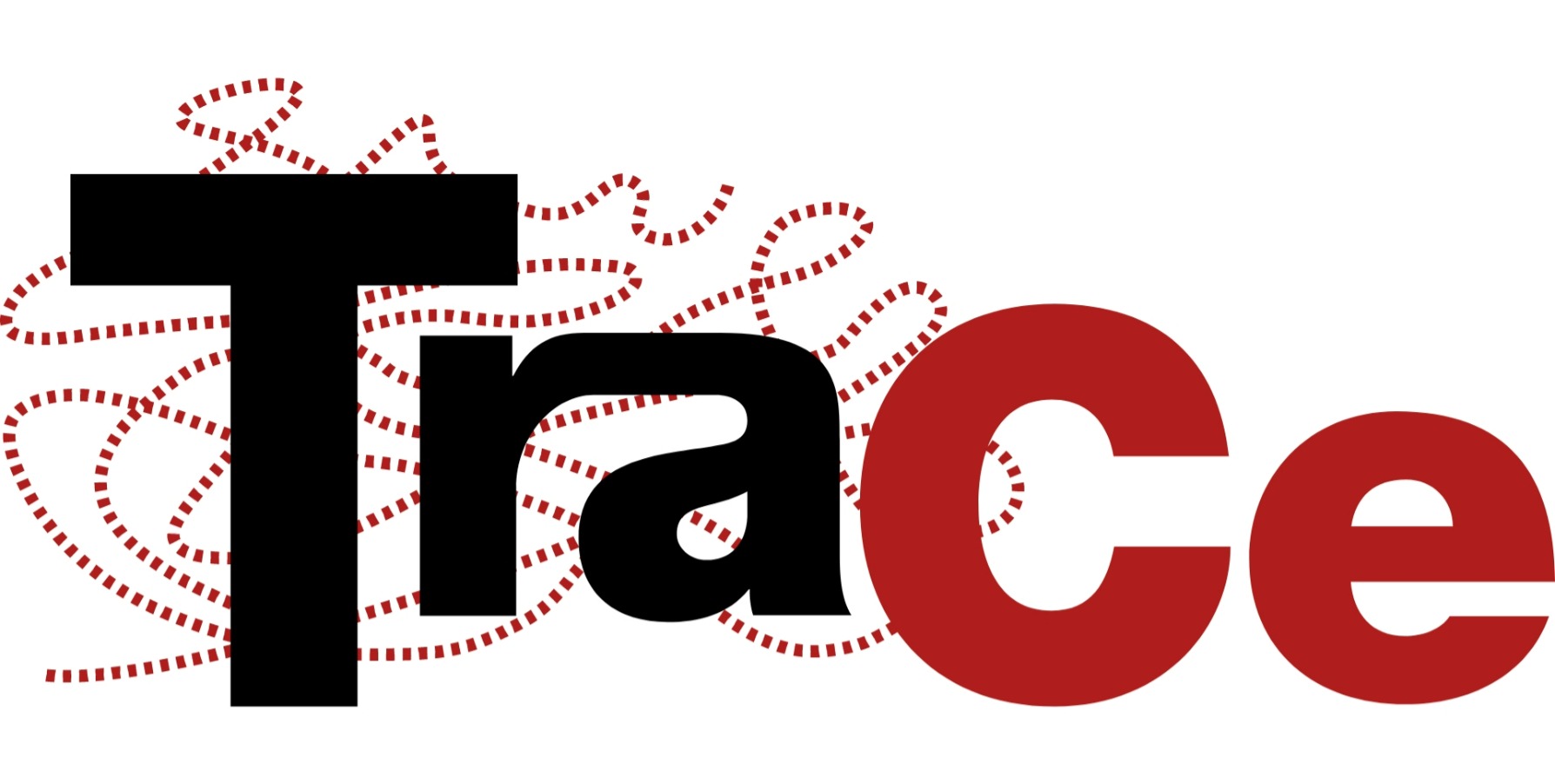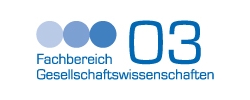Research - Prof. Dr. Lisbeth Zimmermann
Current Projects and Research Interests:

International
Organisations: Norm Setting and Norm Implementation for the Protection of
Forced Migrants (Sub-Project in DFG Research Group)
International organisations (IOs) play a
central role in the protection of forced migrants. The International
Organisation for Migration (IOM) and the United Nations High Commissioner for
Refugees (UNHCR) are particularly important in this regard. The mandates and
development of the two IOs are representative of the tension between state
interests on the one hand and the rights of people on the move on the other. The
project analyses the interpretation of international norms by the two IOs. It
asks whether and to what extent the IOs interpret international norms more in
the interests of states or in the interests of refugees and whether and to what
extent there are differences or harmonisation between and within the IOs. To
this end, the appropriation and implementation of gender norms and disability
norms, understood as institutionalisation processes, are analysed within the
two IOs, both at headquarters and in the field.
Principal Investigator: Dr. Nele
Kortendiek
Researchers: Melina Tretmans
Duration: 2024-2025
Further information: https://for5183.uni-siegen.de/?lang=en

Open or closed international organizations? Conditions for policy change as reaction to contestation by affected groups (DFG research grant)
International organizations are centrally involved in the development, interpretation and monitoring of international rules. Researchers used to explain international organizations' inefficiencies either with principal-agent constellations or with the increasing bureaucratization of such organizations.
This analysis appears outdated today. A global trend towards New Public Management, i.e. towards flexibilization, more competition between international organizations and short term and consultant contracts has left its marks. The project explores to what extent transnational professional networks contribute to an increasing openness and informalization of international organizations. Further, the project examines under which conditions international organizations change their policies in reaction to contestation by affected groups that are supposed to be protected by the norms and rule promulgated by international organizations. Empirically, the project examines the organizations WHO, ILO, UNODC and UNICEF in the areas of child labor, drug consumption, female genital mutilation/cutting and human trafficking.
Principal Investigator: Prof. Dr. Lisbeth Zimmermann
Researchers: Dr. Nele Kortendiek, Lily Young
Duration: 2019 - 2024

FARRIO – The Effects of Far-right Challenges on International Organizations
Far-right groups have
been gaining greater traction across the European political spectrum and
international fora, with their members often contesting international
organisations and their policies. For instance, they have profoundly changed
negotiations on the Global Compact for Migration in the United Nations (UN). On
the other hand, radical right parties in the European Parliament have failed to
bring about any deep policy changes. The EU-funded FARRIO project will study
why transnational far-right contestation has varying effects on international
organisations. Specifically, it will compare effects of far-right contestation
in the EU, the UN and its specialised agencies/treaties in four central policy
fields (migration, women's rights, climate change and public health). cordis.europa.eu
Principal Investigator: Prof. Dr. Lisbeth Zimmermann
Researchers: Dr. Alexandros Tokhi, Franziska Höhne, Maximilian Kutzner
Duration: 2022-2027
Further information about the ERC: Homepage FARRIO

Project in the context of TraCe: Research Center Transformations of Political Violence
The field of peaceful conflict settlement has undergone significant internationalization and institutionalization within the last 25 years. Peacekeeping missions are equipped with increasingly comprehensive mandates and require more troop support. So-called peacebuilding activities constitute a large share of international organizations' and national development organizations' portfolios. Further, a multitude of novel institutions is tested – ranging from the International Criminal Court to hybrid investigation commissions in post-war countries.
At the same time, complex conflicts such as in Iraq, in Syria or in Afghanistan have evoked a certain intervention fatigue in many countries. The former goal of sustainable peace making through the establishment of democratic institutions is being replaced by a new interest in local solutions, such as indigenous and traditional justice as well as more ownership by governments in conflict regions. This research project on international institutions and transformations of political violence focuses on the implementation and effects of the dilemma of increasing internationalization paralleled by the search for local solutions.
PI: Prof. Dr. Lisbeth Zimmermann in the context of TraCe
Staff: Lina Schneider
Duration: 2022-2026
For further information trace-center.de

Specialization in Multilateral Diplomacy
How states act in multilateral decision-making bodies in international organizations is also changing. In many policy fields, we are observing a trend towards specialization: Rather than dispatching career diplomats, states now send experts from specialized ministries as their representatives to international negotiations. In existing IR scholarship, this is often described as an efficient, depoliticizing strategy. However, this specialization seems to have unintended side effects which are investigated in a second project.
Currently in preparation
Completed projects

Norm Disputes: Contestation and Norm Robustness (DFG Research Grant)
The increasing contestation of norms and regimes of the multilateral world order lies at the heart of this research project. On the one hand, we observe the questioning of many international norms and regimes that were long considered sacrosanct – also by states that played a decisive role in their creation. Current examples are the international ban on torture, the Nuclear Non-Proliferation Treaty or the Framework Convention on Climate Change.
On the other hand, power shifts are taking place in the international system. As a consequence, the dominance of the "liberal" consensus on values, supported by a Western coalition in the international system since the 1990s, appears to crumble. Moreover, "non-Western" states and regions are taking on increasingly important roles in the international system. Does this lead to a decline in existing international norms – or to a renewed strengthening? To what extent are the meanings of international rules localized and changed in different contexts, for instance the international responsibility to protect in China or Brazil? When do such localizations have repercussions on a global consensus on existing international standards and regimes?
PIs: Prof. Dr. Nicole Deitelhoff, Prof. Dr. Lisbeth Zimmermann
Researchers: Dr. Max Lesch, Antonio Arcudi
Duration: 2015-2018
Contact
Prof. Dr. Lisbeth Zimmermann
Prosessorship for International Institutions and Peace Processes
Goethe-Universität Frankfurt am Main
Faculty Social Sciences
Institute for Political Science
Theodor-W.-Adorno-Platz 6
60323 Frankfurt am Main
PEG-Building - Room 3.G 139
Postbox 28
Phone: +49 (69) 798-36615
l.zimmermann@soz.uni-frankfurt.de
Administration Office
Melina Bräutigam
Theodor-W.-Adorno-Platz 6
60323 Frankfurt am Main
PEG-Building - Room 2.G 143
Tel. +49 (69) 798-36643
m.braeutigam@soz.uni-frankfurt.de
Office hours
Consultation hours with Prof. Dr. Zimmermann take place on Tuesday from 10 am - 12 pm.
Please contact Melina Bräutigam (m.braeutigam@soz.uni-frankfurt.de).
- Studying at Goethe University
- International applicants
- Faculties
- Overview of study programmes
- Programme for refugees
- GRADE
- Goethe Business School (continuing education)
- Research at Goethe University
- Scientific news
- Goethe Welcome Center (for international researchers)
- Collaborative research projects
- Individual research
- Visiting fellowships
- Endowed chairs
- About the University
- News-in-brief
- University administration
- Campus locations
- Campus life
- University archives (German)
- Rhine-Main-Universities







